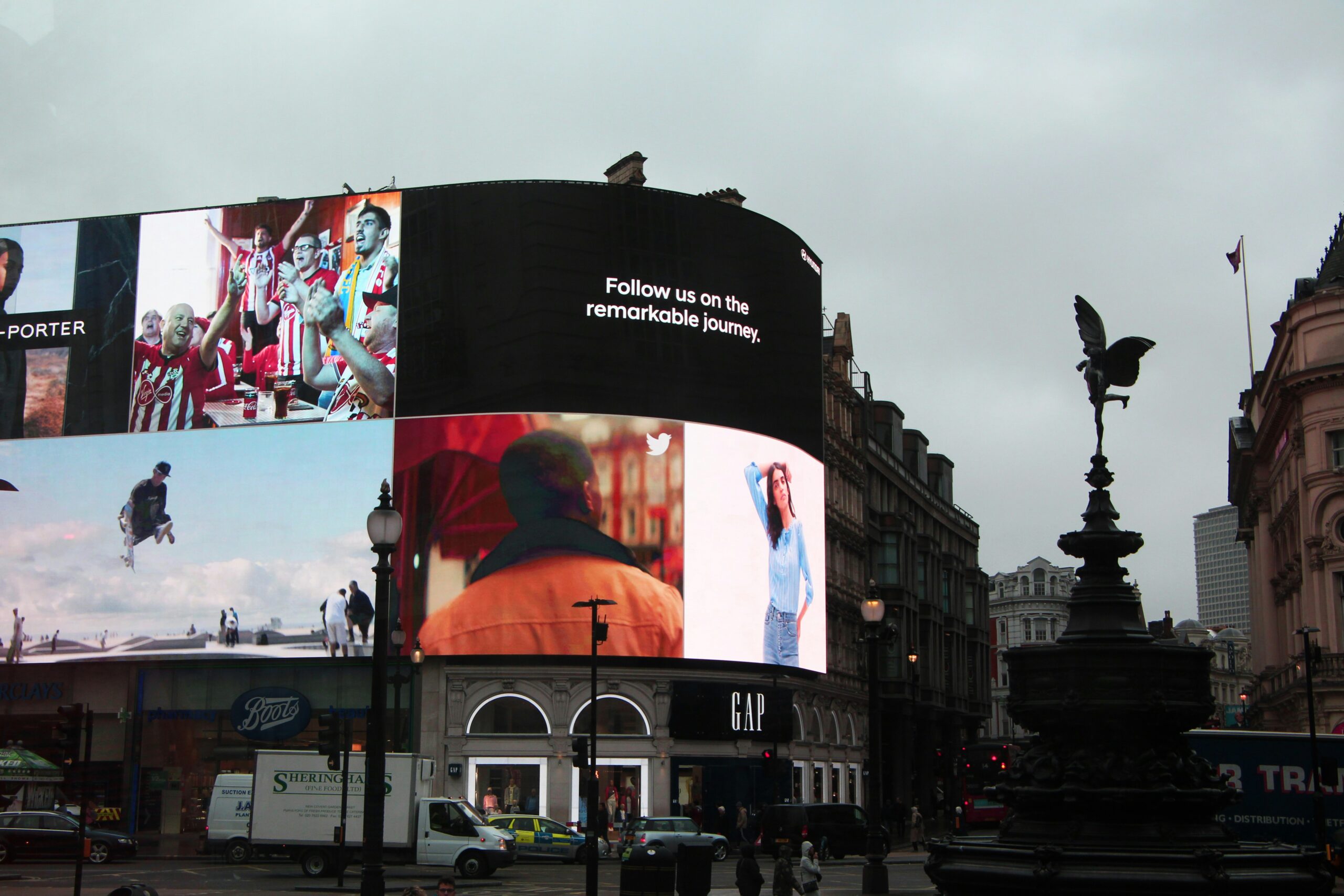In a significant shift for retail marketing, major brands are increasingly embracing innovative experiential campaigns that blur the lines between physical and digital experiences. The trend is exemplified by Primark’s historic first UK television advertisement, marking a new chapter in the retailer’s marketing approach.
Industry analysis indicates a fundamental evolution in how brands connect with consumers. The focus has shifted notably toward creating immersive, memorable experiences that transcend traditional marketing boundaries.
Digital Meets Physical
The retail sector is witnessing an increase in campaigns that blend digital and physical elements. Primark’s new TV campaign, featuring a denim dance concept, exemplifies this approach to retail marketing.
Market research suggests that consumers increasingly expect more than traditional advertising, seeking experiences that engage them across multiple touchpoints and create meaningful connections.
Sports & Entertainment
– Apple TV leverages Genmoji billboard for Son Heung-Min’s MLS debut
– FIFA expands OOH presence ahead of 2026 World Cup
– Virgin Media O2 creates attention-grabbing elephant campaign
Retail Innovation
– Primark launches first UK TV ad with denim dance concept
– Lego reports record half-year showing strength of brand architecture
– Zalando features PinkPantheress and Uma Thurman in new campaign
Innovation Drives Engagement
Marketing leaders are reporting increased investment in experiential initiatives that create deeper connections with consumers. This shift reflects growing recognition of the value of immersive brand experiences.
Current trends indicate a move toward more sophisticated, integrated campaign approaches. Success in the market appears to correlate with brands’ ability to create coherent narratives across multiple channels and touchpoints.
Future Outlook
Industry analysis suggests continued evolution in how brands approach experiential marketing. Key trends include:
– Enhanced integration of digital and physical experiences
– Greater focus on personalised interactions
– Increased use of innovative technologies
– Growing emphasis on sustainable practices
Market observers note that the future of brand marketing will likely center on creating authentic, meaningful connections, with successful implementation potentially offering competitive advantages in an increasingly complex landscape.




